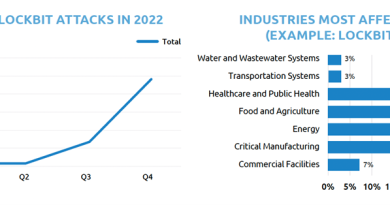COP26 Backs Electric Vehicles to Reduce Climate Change


Last October 31, the 2021 United Nations Climate Change Conference started, tackling various ways on how countries plan to address the looming threat of climate change. During the event, electric vehicles (EVs) are expected to take center stage as one of the various ways countries can mitigate climate change.
Also known as COP26, the 2021 edition is the 26th year that the conference parties to the United Nations Framework Convention on Climate Change. It is the first time since COP21 that the parties are expected to commit to more robust ambition towards reducing climate change.
According to United Kingdom Prime Minister Boris Johnson, there are four issues that the event aims to tackle: secure global net-zero by mid-century and keep 1.5°C within reach, mobilize finance to fight climate change, adapt to protect communities and natural habitats, and collaborate to deliver positive results.
To meet these goals, expanding the use of EVs is being pushed by COP26. This push has been going on for years—not just by the United Nations—but by national policies and private sector initiatives as well.
In September, Tesla’s Model 3 became the first electric vehicle to top sales in Europe. The company boasts of cars that do not emit gas since its foundation in 2003.
In Germany, automotive giant Audi has announced that all its new car sales from 2026 onwards will be electric. Volvo, Mercedes-Benz, and Jaguar have also revealed that they plan to make their new sales 100% electric by 2030. Ford and General Motors have set a target of increased EV sales of 40-50% annually. More recently, other industries such as “Apple” have begun to develop electric vehicles.
Japanese automaker Nissan aims to make all its new vehicles to be electrification vehicles by early 2030. Mitsubishi plans to increase the sales of electrification vehicles to 50% by 2030. Meanwhile, Honda will abolish hybrid vehicles and aim to sell 100% of electric vehicles and fuel cell vehicles by 2040.
As for national policies, the UK will ban new petrol and diesel vehicles by 2030. By 2035, hybrid cars will be subject to new vehicle sales regulations. The EU has also planned to prohibit selling new vehicles that produce exhaust gas, including plug-in hybrid vehicles.
Across the pond, US President Biden has signed an executive order to make electric vehicles, fuel cell vehicles, and plug-in hybrids half of the total new cars sold in America by 2030. China plans to increase the ratio of EV sales to over 50% by 2035 as well.
In Japan, the government has set out a policy that makes all new vehicles to be electrification vehicles by 2035—this includes hybrid and fuel cell vehicles. While these commitments will surely help mitigate climate change, the road for electric vehicles requires new considerations.
EVs can be considered as extremely high-spec “computers with wheels”, and they have software and network protocols shared with IT. This means they can be prone to vulnerabilities and threats that may risk users’ EVs.
It is vital that they are secured by implementing an effective cybersecurity framework from the get-go to realize safe and sustainable world of mobility
To learn more about protecting electric vehicles to improve their sustainability and mobility, check out our expert team’s in-depth white paper, Cybersecurity for Connected Cars: Exploring Risks in 5G, Cloud, and Other Connected Technologies, and Identifying Cybersecurity Focus Areas in Connected Cars Based on WP.29 UN R155 Attack Vectors and Beyond
Read More HERE



